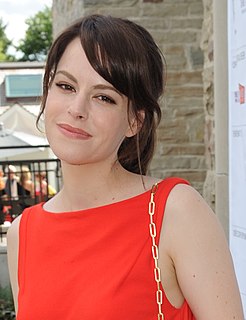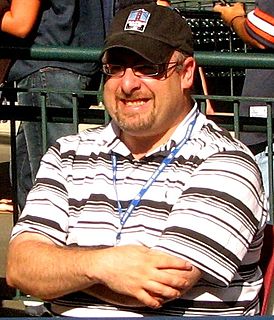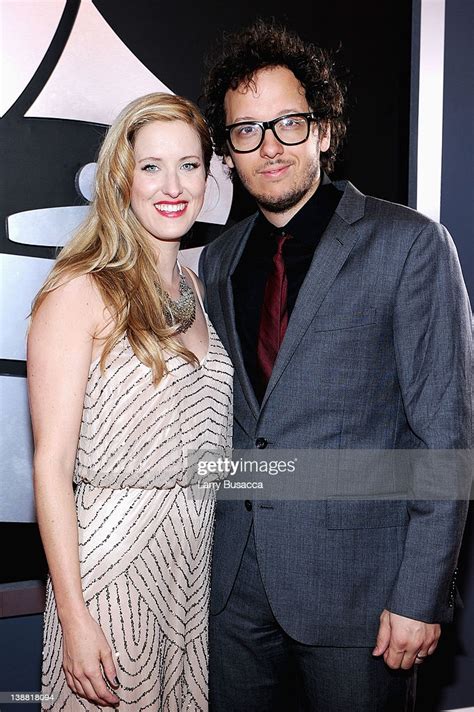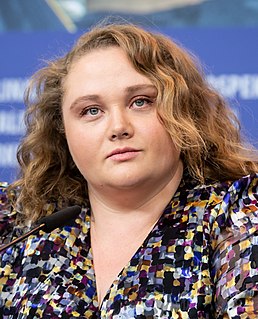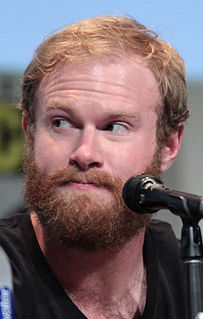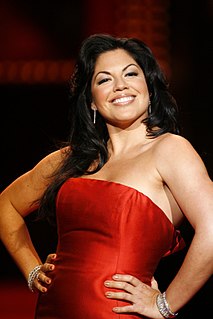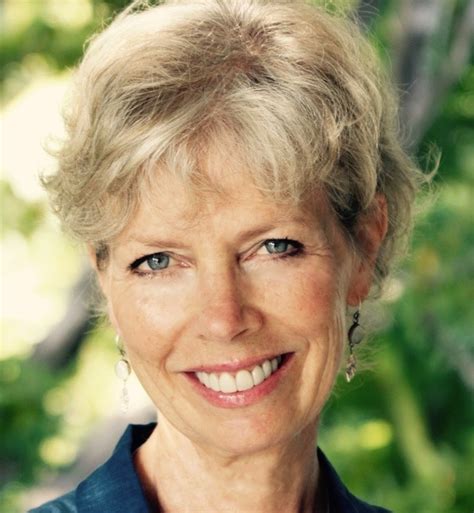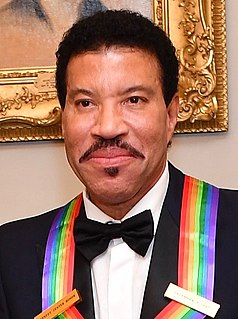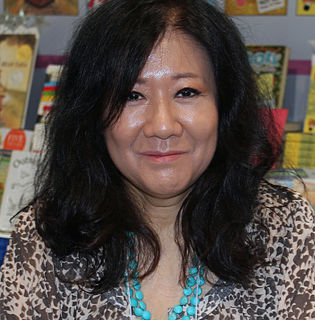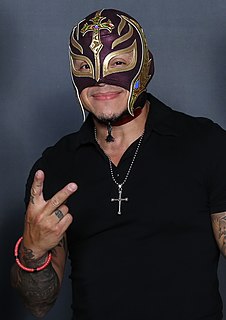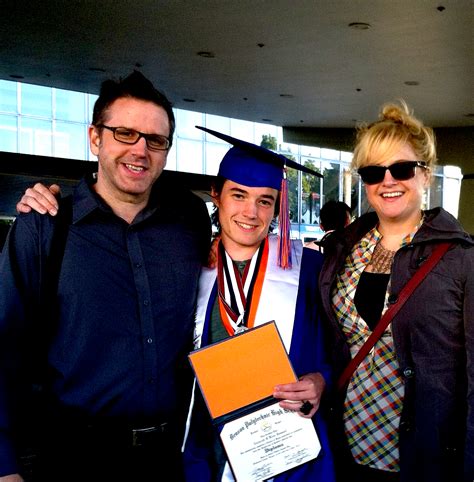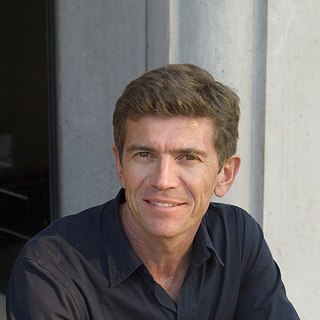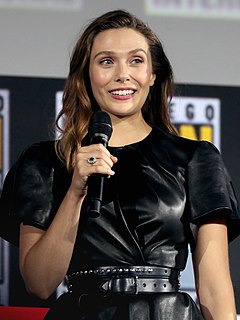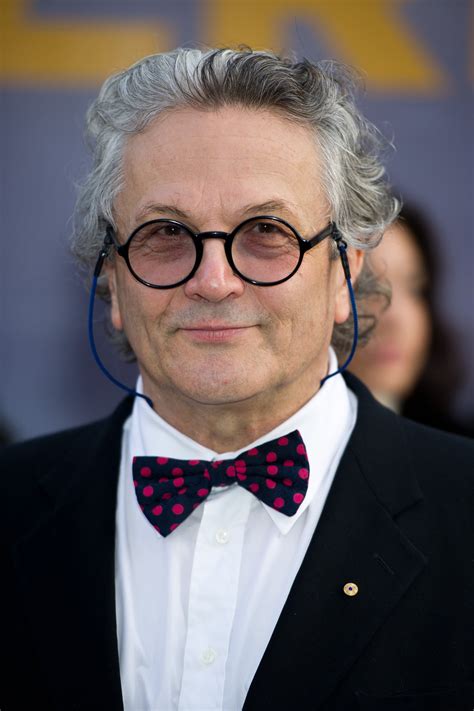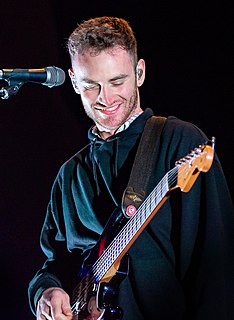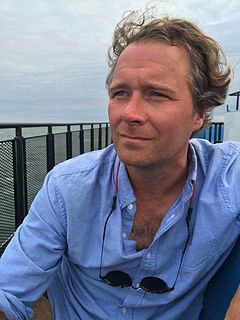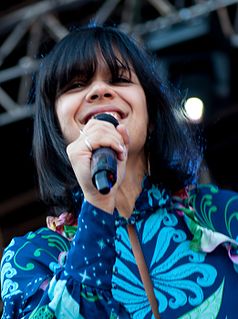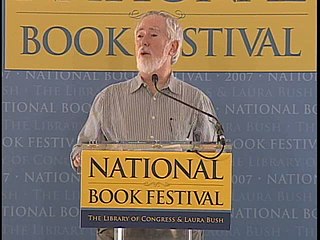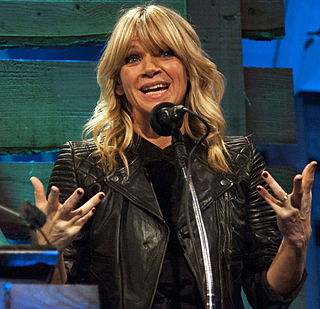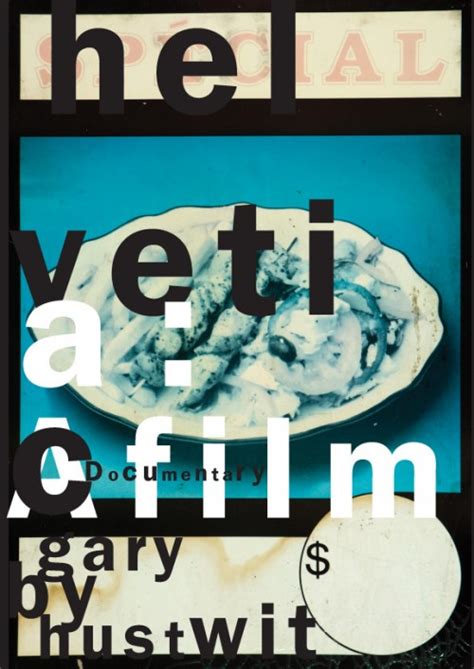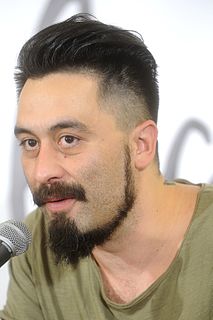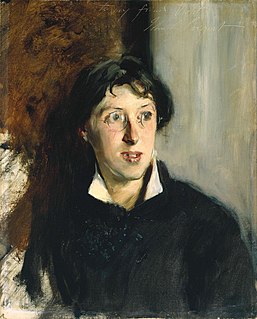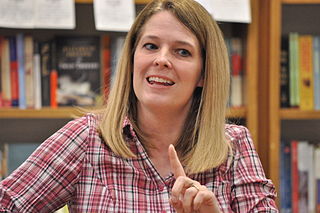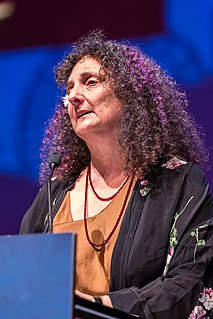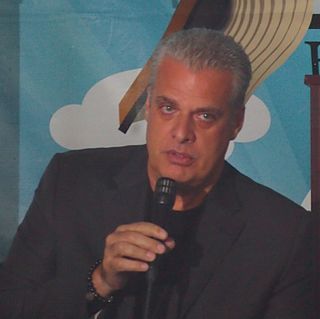Top 1200 Reading Music Quotes & Sayings - Page 5
Explore popular Reading Music quotes.
Last updated on April 21, 2025.
The art of not reading is a very important one. It consists in not taking an interest in whatever may be engaging the attention of the general public at any particular time. When some political or ecclesiastical pamphlet, or novel, or poem is making a great commotion, you should remember that he who writes for fools always finds a large public. A precondition for reading good books is not reading bad ones: for life is short.
I read continually and don't understand writers who say they don't read while working on a book. For a start, a book takes me about two years to write, so there's no way I am depriving myself of reading during that time. Another thing is that reading other writers is continually inspiring - reading great writers reminds you how hard you have to work.
I feel most myself when I'm reading, but by that I don't mean that I'm most comfortable when I'm reading. I feel most fully a person who's torn between attention and inattention, between loving and hating, between hyper-responsiveness and total dullness. Reading is not a comfortable experience for me.
The same plasticity that allows us to form a reading circuit to begin with, and short-circuit the development of deep reading if we allow it, also allows us to learn how to duplicate deep reading in a new environment. We cannot go backwards. As children move more toward an immersion in digital media, we have to figure out ways to read deeply there.
I didn't ever consider poetry the province exclusively of English and American literature and I discovered a great amount in reading Polish poetry and other Eastern European poetry and reading Russian poetry and reading Latin American and Spanish poetry and I've always found models in those other poetries of poets who could help me on my path.
